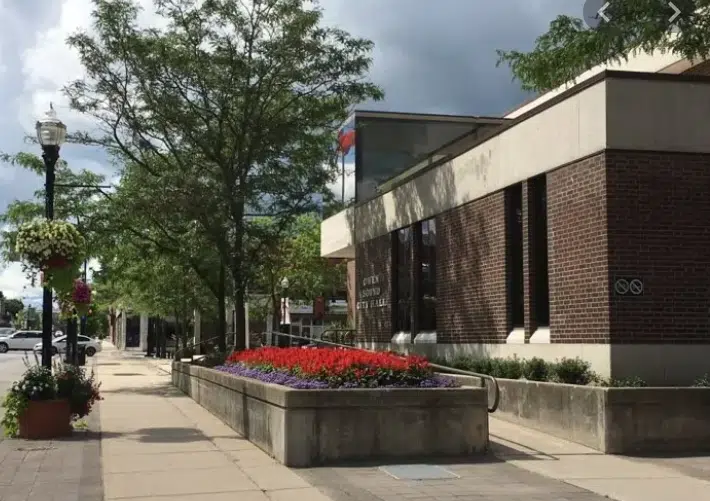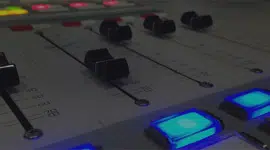Owen Sound council voted down a motion to expand the city’s land acknowledgement practices, with several councillors citing a need for more dialogue with Indigenous communities first to better understand what reconciliation looks like.
Coun. Carol Merton introduced a motion at Monday’s city council meeting that would have directed staff to include an expansion of the current land acknowledgement practice during Owen Sound’s procedural by-law review in August, by beginning council, committee and public meetings with an appropriate land acknowledgement — and to have it as part of all minutes and on the city’s website.
“A land acknowledgement is not something you just do or recite, or speak from wrote before a meeting, before an event, before a gathering,” Merton said. “It is a reflective process where we intentionally and with mindfulness, recognize on who’s traditional territories we work, live and play. It demonstrates the recognition and respect for Indigenous peoples both in the past and the present.”
The motion that was defeated in a 4-3 recorded vote would have also directed staff to include actions that will support the work of reconciliation through the strategic plan refresh — which includes the creation of a comprehensive corporate equity, diversity and inclusion strategy by December 2022.
Merton’s motion found support from Councillors Brock Hamley and John Tamming. Deputy Mayor Brian O’Leary, Coun. Marion Koepke, Coun. Richard Thomas and Coun. Scott Greig voted against it. Mayor Ian Boddy and Coun. Travis Dodd were absent from Monday’s meeting.
Thomas said part of the issue he has is that “nobody in fact knows what reconciliation looks like” and while he agrees with all of the principles outlined in the motion, it is best to first engage in dialogue with local First Nations communities for their input.
“Land acknowledgements, I’m sort of on the fence about those. A lot of people think they’re just ways to make us feel good about the fact that we are on native land,” Thomas said. “… I really, really do believe that we need to reach out to our local Aboriginal communities and we need to have a discussion. We need to have a conversation about what reconciliation means.”
Greig said his concern is having a land acknowledgement at all council, committee and public meetings could create “ambivalence” for the people in the community they are trying to support.
He expressed interest in looking at establishing bi-annual meetings between Owen Sound’s mayor and deputy mayor and the leaders of Saugeen Ojibway Nation to allow for communication about issues impacting the communities.
Last month, Owen Sound council resolved to direct the mayor to send a letter to Prime Minister Justin Trudeau and Bruce-Grey-Owen Sound MP Alex Ruff to express in the strongest terms the need to move forward with all 94 recommendations of the Truth and Reconciliation Commission.
Further, council directed staff to present options for including Indigenous voices as part of the city’s annual review of boards and committees later this summer.







